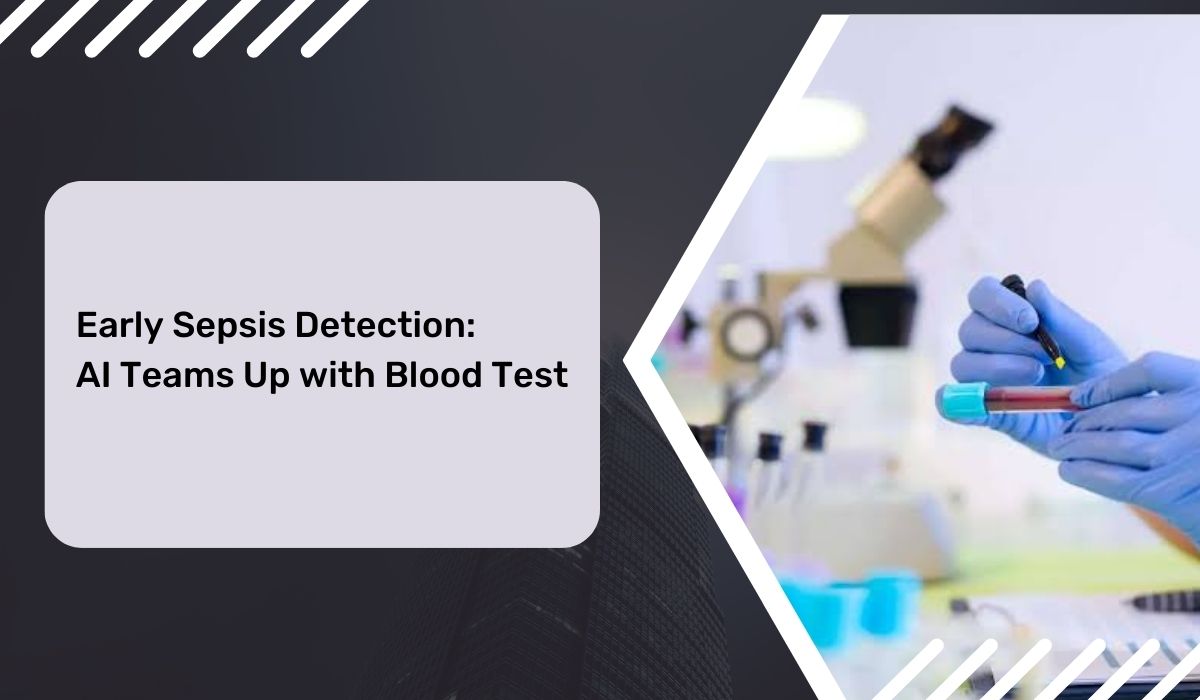
 April 1, 2024
April 1, 2024 [email protected]
[email protected]
A new approach combining a blood test with artificial intelligence (AI) could revolutionize the way sepsis is diagnosed and treated. Sepsis is a life-threatening condition that occurs when the body's response to an infection injures its own tissues and organs. Early detection is crucial for preventing serious complications and death.Researchers in Sweden developed an AI model trained to identify unique molecular signatures in blood samples from sepsis patients. This model was then used to predict a patient's risk of developing organ failure and death. The study, to be presented at a major medical conference next month, showed promising results, with the technology effectively classifying patients into low, medium, and high-risk categories.
"A fast test that provides more accurate sepsis diagnosis and could also predict who is at greater risk of poorer outcomes now seems a genuine possibility," said Dr. Lisa Mellhammar, lead author of the study. This technology has the potential to be deployed worldwide and significantly improve sepsis outcomes.The prospect of a more accurate and rapid sepsis diagnostic tool has been met with enthusiasm from medical professionals. Dr. Ron Daniels, from the UK Sepsis Trust, emphasized the importance of early recognition of sepsis and identifying high-risk patients for prompt intervention. This research, he believes, could refine our understanding of sepsis and lead to better clinical management.
The new research comes amidst efforts to improve sepsis care in the UK. "Martha's rule," named after a teenager who died from sepsis, will be rolled out next month, granting patients and their families the right to a second opinion in suspected sepsis cases. This initiative highlights the critical need for better diagnostic tools and improved sepsis management.While the AI-powered blood test is still under development, it represents a significant step forward in the fight against sepsis. Early detection and risk stratification can lead to more timely treatment and potentially save countless lives.